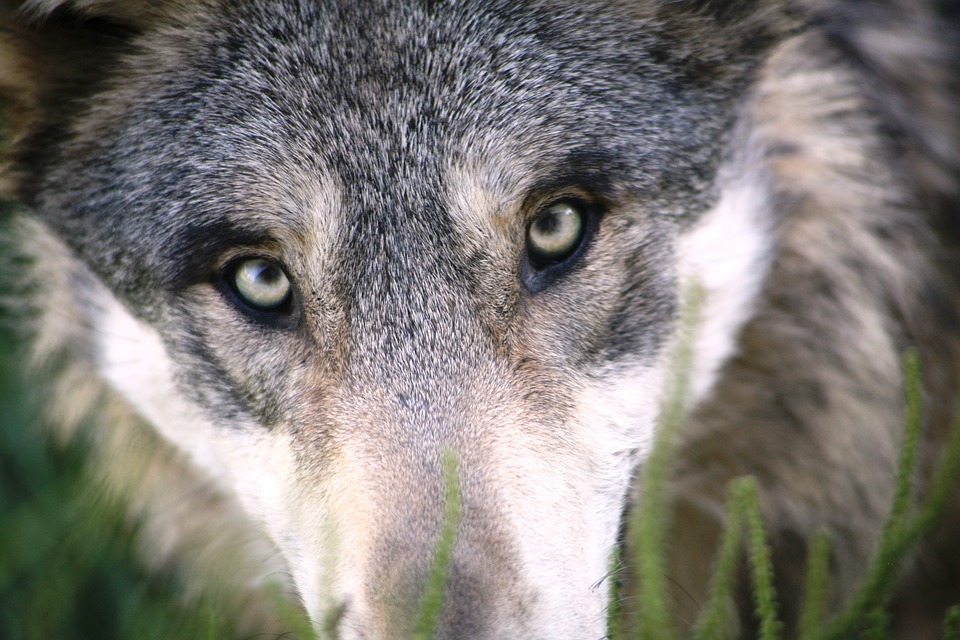Why Jack London Chose to Tell a Story on Behalf of a Dog
Abstract
White Fang (1906) is an example of fiction that reflects Jack London’s naturalistic approach emanating from Darwinian evolutionary concepts. The novel can be seen as redemption from the effect The Call of the Wild had on author’s reputation, but it is undoubtedly remarkable for the manner in which Jack London presents his ability to modify his writing style and techniques through the naturalistic concept.
Finding Similarities
Jack London’s White Fang is partly an autobiographical novel and relates to London’s life and transformations. There are huge similarities between White Fang and London’s life courses. White Fang is not an ordinary dog in any sense; he is three-quarters wolf, and inevitably different from the other dogs. Very similarly, London became an outcast because of his illegitimate origin (Miles Mathis, 2015). All said serves to support the logical choice that London made in presenting the human world through the eyes of a dog which is very much resembling his own personality.
In simple words, White Fang is a book about the life of a wolf-dog and to the humans like us it gives an insight into how animals think and react. This, however, is not what Jack London meant to portray in his novel. The subtle idea behind this is that London poundered much deeper. He simply used an animal protagonist to convey his own believes on life and society. The true meaning behind White Fang is a story of character who has to fight adversity but stays positive all the way and grows out stronger from his experiences. White Fang instructs us about survival – what has to be done to survive and how survival transforms us. It can be easily concluded that humans do not differ much from animals and our coping mechanisms at its basest, are the same. In this sense the author implies the concepts of Darwinism and Naturalism (Xiaofen Zhang, 2010) in overcoming adversity, teaching us about the power of love and true humane values.
Conclusion
The novel is also an allegory of human progression from nature to civilization with main protagonist being an explicit example of domestication in the same way that we can transform our society based on “eat or be eaten” laws into more civilized living space.
Works Cited
Mathis, M. (2013). Outing Jack London: In all ways, p.2-3
Xiaofen, Z. (2010). Naturalism Presented in The Call of the Wild: Journal of Language Teaching and Research, Vol. 1, No. 3, pp. 278-281, May 2010
